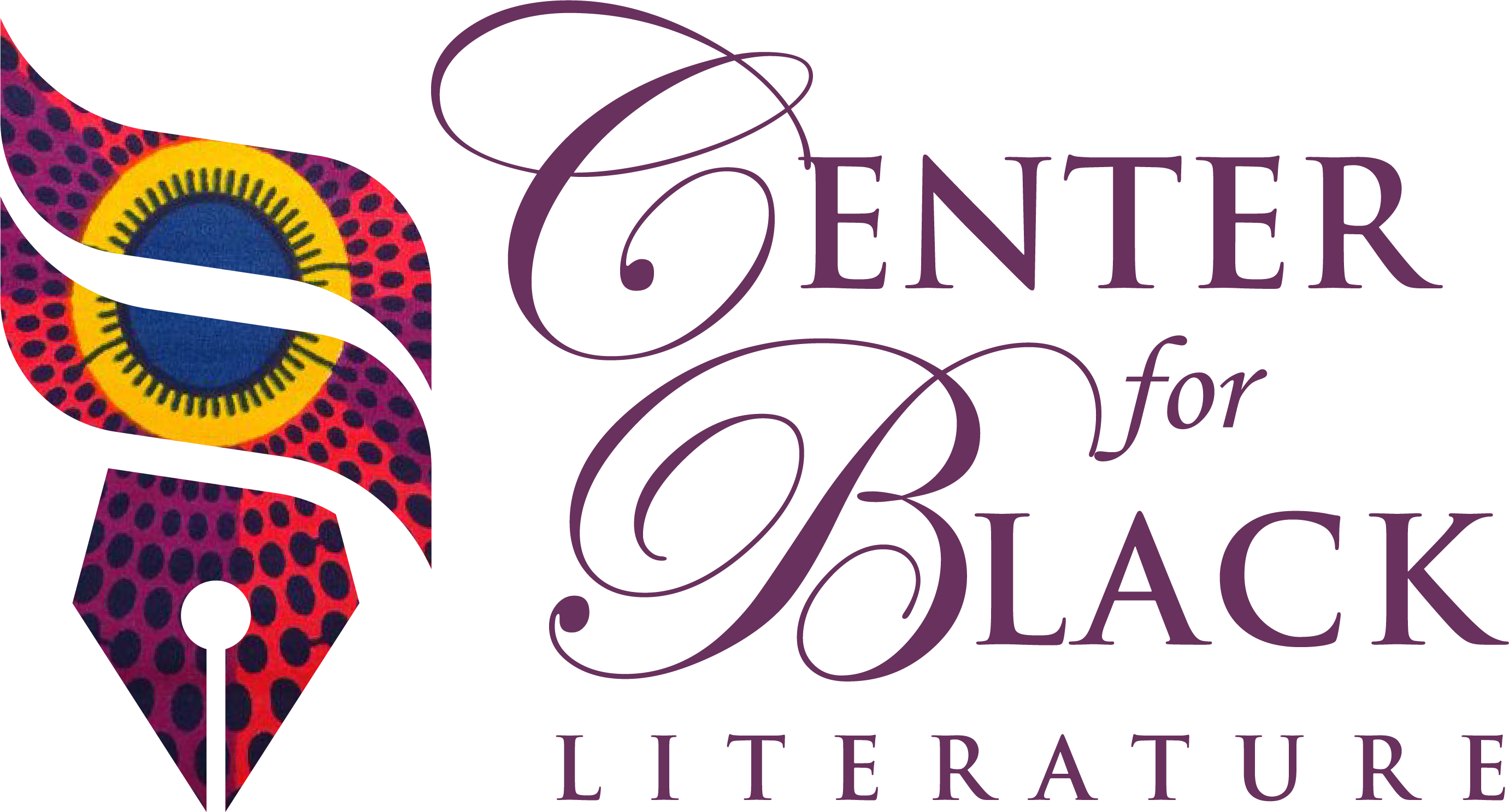Picture yourself waking up on the wrong side of the bed. You spend all night running from repressed memories, and the feelings linger into reality. As you melt into your mattress you realize the time for labor is steadily approaching and the time for self- solidification is gradually declining. You turn to Instagram for a pick me up and you are accidentally met with a visual album by Frank Ocean. The sweet sounds of his voice placate you, the rhythm of the drums motivate you. You are now standing, actively readying yourself for a fresh start to the day, all thanks to the power of music?
Music is a fundamental part of the human experience. According to recent research from Durham University in the United Kingdom and the University of Jyväskylä in Finland, published in PLOS ONE, “even sad music brings most listeners pleasure and comfort.” Essentially, music boosts your mood and serves as a natural form of therapy. Of course, in some cases associative thoughts can cause sad music to have a negative effect on you, but, biologically speaking, “The human brain and nervous system are hard-wired to distinguish music from noise and to respond to rhythm and repetition, tones and tunes” as it slows the heart rate, lowers blood pressure, and reduces levels of stress hormones (Harvard Health, 2011). Considering this, it’s only right we use science to our advantage.
According to Harvard Health, “a varied group of studies suggests that music may enhance human health and performance.” With this knowledge we should intentionally use it to our advantage. Whether it be to begin a wholesome day, mend a broken heart, or uplift a funky mood, music should be utilized as the medicine it is.
Eshana France, English Major
Medgar Evers College

